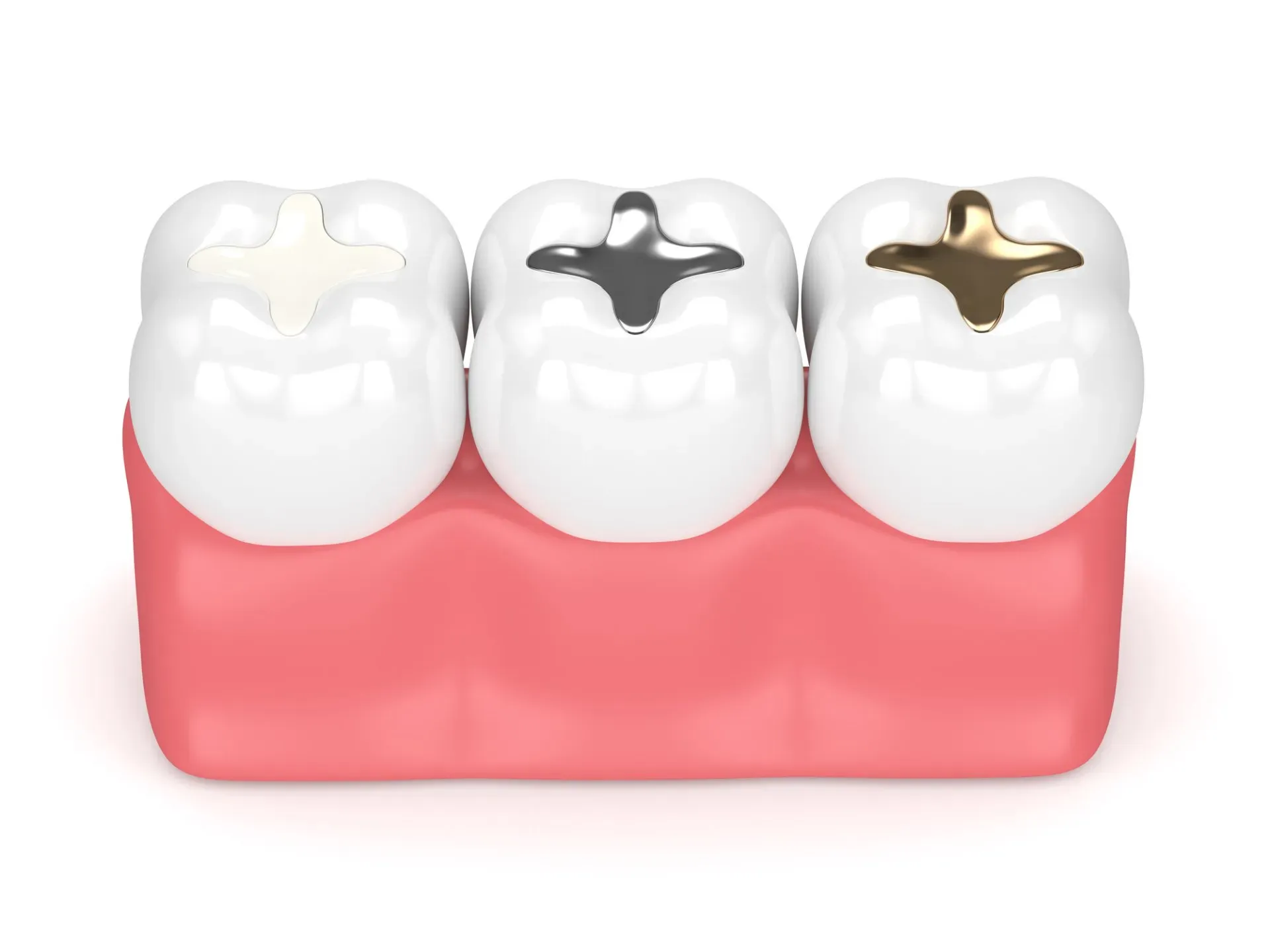A Brief Guide to Fluoride
Fluoride is a mineral that is beneficial to the teeth. For this reason, dentists often prescribe fluoride treatments. Keep reading to know more about fluoride and how this beneficial mineral can help to improve your oral health.
Fluoride and Fluoride Treatments
In scientific terms, fluoride is the negatively charged ion of fluorine, which is depicted as F on the periodic table. Fluoride is one of the most common elements in the earth's crust. This mineral is found naturally in water, plants, rocks, soil, and the air.
The following foods also contain fluoride:
- Black tea brewed with tap water
- Grape juice
- Seafood, such as blue crab and shrimp
- Raisins
- Cooked oatmeal
Your bones and teeth contain fluoride, too. In fact, this mineral is necessary to strengthen the teeth.
Because fluoride is necessary for the body, this mineral is often added to drinking water, as well as toothpaste and other dental products. Fluoride is also found in certain treatments prescribed by dentists to help prevent tooth decay. Your dentist can determine if you or your child needs fluoride treatment. This type of treatment is usually done right in the dentist's office.
Fluoride treatments consist of a gel or a solution that has a higher than normal concentration of fluoride. The dentist applies the fluoride treatment to the teeth with a small brush or swab. After the dentist applies the fluoride treatment, you probably won't be able to eat or drink anything for at least 30 minutes.
Abstaining from food or drink for this amount of time allows the fluoride to get absorbed by the teeth. For some people, the dentist may prescribe a fluoride treatment every three or six months. Others may only need fluoride treatment once a year. In some cases, the dentist might also prescribe toothpaste or mouthwashes with higher than normal concentrations of fluoride.
Fluoride Protectant
The outermost part of the tooth is called tooth enamel. When you eat certain foods, especially sugary or acidic ones, it forms bacteria in your mouth. This bacteria strips away tooth enamel. When tooth enamel is stripped away, your teeth lose important minerals in the teeth, such as calcium and phosphorous.
The loss of tooth enamel, along with the demineralization of your teeth, leaves them more prone to cavities. Tooth enamel loss also greatly increases tooth sensitivity, which is usually felt when drinking foods and beverages that are either hot or cold. The good news is, the saliva in your mouth helps to restore some of the minerals that are lost when the enamel is stripped away.
When your saliva mixes with fluoride, there is an increased chance of restoring calcium and phosphorous to the tooth enamel. When these minerals are restored, your teeth once again become healthy and strong. Along with tooth decay prevention, dentists might recommend fluoride treatments for gum disease and dry mouth.
Fluoride Concerns
As with most kinds of vitamins and minerals, you can get too much of a good thing. Too much fluoride in the system causes a condition called fluorosis. Symptoms of this condition include small white spots on the teeth and an upset stomach. When you stick to the recommended amounts of fluoride, however, it is hard to get too much.
The National Library of Medicine states that the amount of fluoride your body needs depends on your weight. Typically, children should get 0.5 mg of fluoride a day. Adults need 3 to 4 mg of fluoride on a daily basis. To help further ease any concerns about fluoride, the CDC has stated that fluoride is completely safe for kids and adults.
If you think you or your children could benefit from fluoride treatments, contact University Dental P.A. Our goal is to help you make the best choices for optimum oral health.







